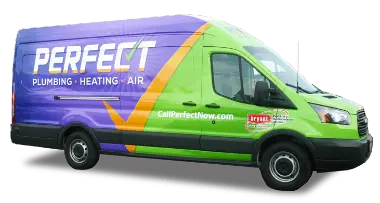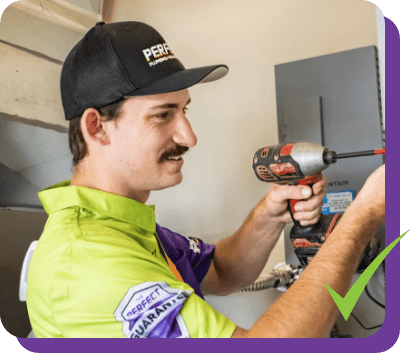You might need to consider a new furnace installation in Boise, ID if your current one is no longer stepping up to the plate. A furnace replacement may improve your overall quality of living by ensuring that your home stays toasty and comfy throughout the winter months. Newer models and brands also tend to have more features that cater to your needs. For example, some furnaces can be hooked to your home’s innovative system.
Understanding the specifics of each furnace can be difficult. At Perfect, Plumbing Heating & Air, we’re here to help simplify everything. Not only will we walk you through the various features available features, but we can also help you better understand the warranties in place.
What makes us stand out in the Treasure Valley:
- BBB accredited with an A+ rating
- 2023 NextDoor Neighborhood Fave
- 2023 Angi Super Service Award
- HomeAdvisor Top Rated



